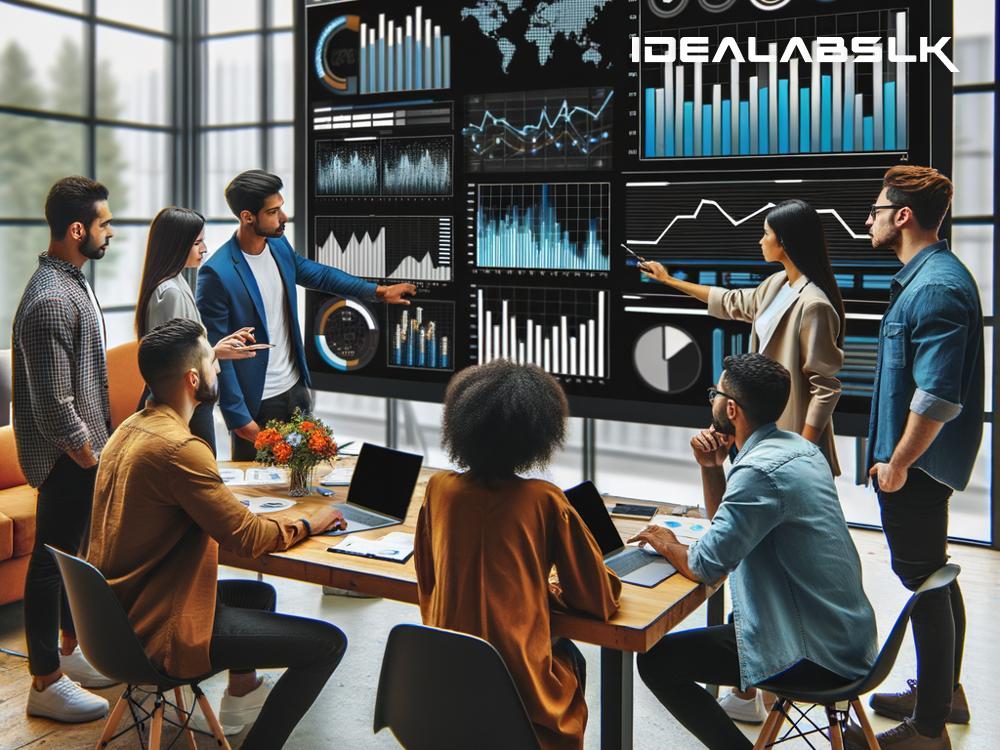Unlock the Future of Event Planning with Predictive Analytics
Event planning isn't just about organizing gatherings anymore. It's evolved into a complex, data-driven field, where success is often measured by one's ability to anticipate the future. This is where predictive analytics, a buzzword you might have heard in passing, comes into play. It sounds fancy, but let's break it down into simple English. How does predictive analytics work in event planning, and why has it become such a game-changer?
Predictive Analytics 101
First off, predictive analytics involves using historical data, statistics, and machine learning to forecast future outcomes. Think of it as having a crystal ball that relies on data to make predictions. In the context of event planning, this means using past event information to make educated guesses about future events, from predicting attendee numbers to forecasting what food and drinks will be most popular.
How it Works in Event Planning
Imagine planning an event as building a puzzle. Predictive analytics gives you a sneak peek at the final picture, helping you understand what pieces you need and where they fit. Here are some ways it's transforming event planning:
-
Attendee Predictions: Knowing how many people will show up is crucial. Overestimating can lead to waste and added costs, while underestimating can result in a poor attendee experience. Predictive analytics uses data from past events, current sign-ups, and trends to forecast attendance more accurately.
-
Taste Preferences and Trends: What will be the next big thing in event cuisine or entertainment? Predictive analytics sifts through social media chatter, past event feedback, and broader industry trends to forecast what your attendees will enjoy most.
-
Venue Selection and Layout: Choosing the right venue is more science than art with predictive analytics. By analyzing data on past event sizes, attendee feedback, and venue performance, planners can pick a location that meets their needs precisely. It can even help determine the optimal layout for traffic flow and engagement.
-
Budgeting and Revenue: Managing an event’s budget effectively is a significant challenge. Predictive analytics can forecast expenses more accurately, assess potential revenue generation, and identify areas where cost savings are possible, ensuring a higher return on investment.
-
Risk Management: No event planner likes surprises, especially the unpleasant kind. By analyzing data on potential risks, from weather patterns to vendor reliability, predictive analytics helps planners foresee and mitigate potential issues before they arise.
Why It’s a Game-Changer
So why is predictive analytics considered such a revolution in event planning? It boils down to three key advantages:
-
Efficiency and Cost-Effectiveness: By making more accurate predictions, event planners can allocate resources more efficiently, reducing waste and increasing cost-effectiveness. This means your event budget goes further, and you get more bang for your buck.
-
Enhanced Attendee Experience: When you know what your attendees want and expect, you can tailor your event to meet those expectations closely, leading to a more satisfying and memorable experience. Happy attendees are more likely to return for future events and recommend them to others.
-
Informed Decision-Making: Rather than relying on gut feelings or incomplete information, predictive analytics provides a data-driven foundation for decision-making. This can instill greater confidence in the choices event planners make and lead to better outcomes.
Looking Ahead
The future of event planning with predictive analytics is incredibly promising. As technology advances and data becomes more accessible, the accuracy and scope of predictions will only improve. This means we can expect even more personalized, efficient, and successful events in the years to come.
However, it's essential to remember that predictive analytics is a tool, not a magic solution. It enhances the planner's skills and intuition but doesn't replace them. The most successful event planners will be those who can combine analytical insights with their creativity and expertise.
Conclusion
Predictive analytics is changing the game in event planning, offering a glimpse into the future of how gatherings are organized. By transforming data into actionable insights, it allows planners to predict attendee numbers, preferences, and potential risks with greater accuracy. The result? More efficient, cost-effective, and enjoyable events.
As we look to the future, the integration of predictive analytics into event planning will continue to grow. It's an exciting time for the industry, promising innovations that will make events more memorable than ever. So, the next time you attend an incredibly well-organized event, remember, predictive analytics might have played a part in its success.

